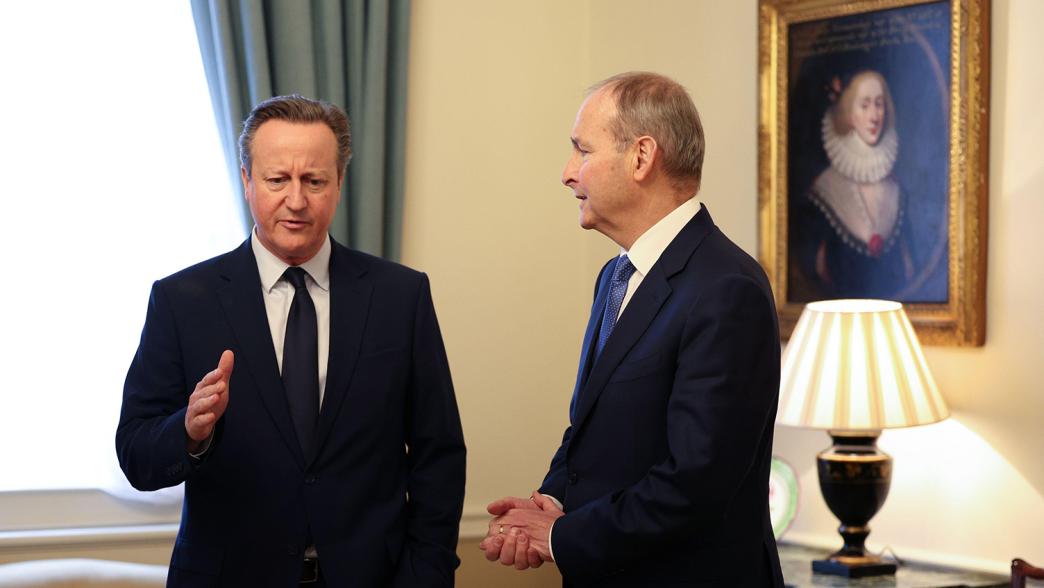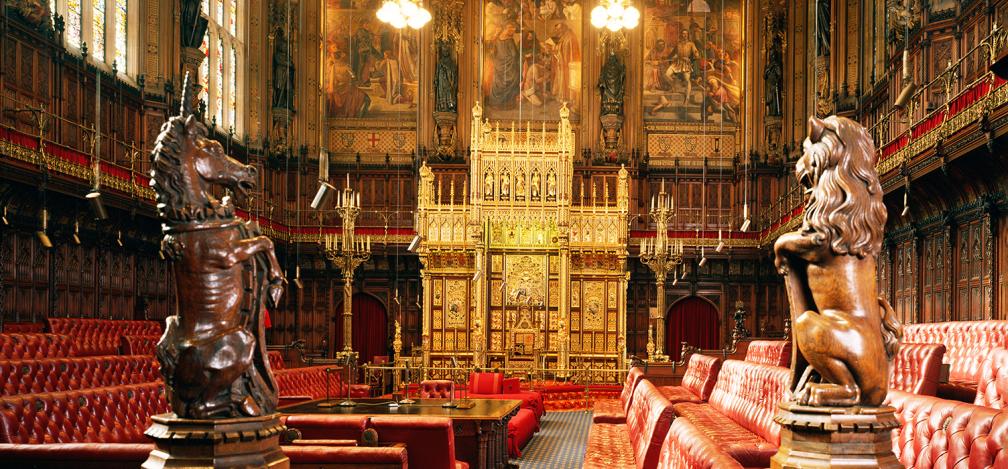David Cameron appointment shows the benefits – and downsides – of reviving ministerial careers
The government and parliament still need to find a way to fill the accountability gap.

The government is benefiting from the return of David Cameron but, argues Jill Rutter, the Commons should not be the loser
Ministers in the Lords – their role and scrutiny
Most ministers are Commons MPs but some, including the foreign secretary David Cameron, sit in the Lords. But what do they do and how are they held to account?
Read our explainer